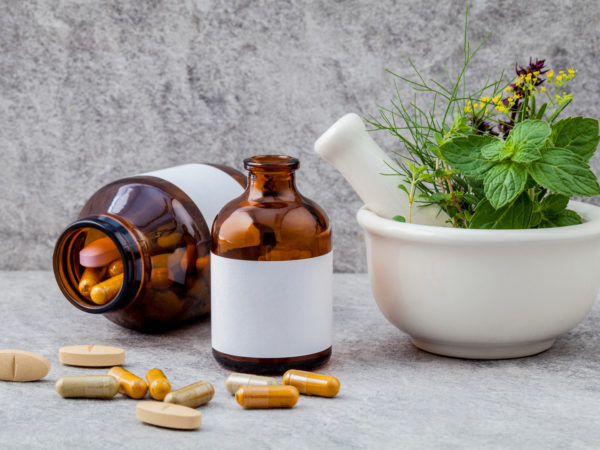An Antioxidant Update?
You used to recommend taking 1,000-2,000 mg of vitamin C, three times a day. Now it’s 250 mg twice a day. Why?
Andrew Weil, M.D. | October 9, 2006

It is true that I used to recommend taking 2,000 to 6,000 mg of vitamin C a day divided into three doses. I changed this in 1999, after examining two important studies showing that significantly lower levels of vitamin C more than saturate the body’s tissues, and thus are sufficient protection against cancer, heart disease and other chronic illnesses. I now recommend only 200 to 500 mg divided into two doses.
A review of clinical trials published in the April 21, 1999 issue of the Journal of the American Medical Association concluded that 200 mg of vitamin C a day is the maximum human cells can absorb, making anything above that level a waste. The second study came from the Linus Pauling Institute and was published in the June 1999 issue of the American Journal of Clinical Nutrition. It identified a similar dose, 120 to 200 mg, as the optimal amount for reducing the risk of cardiovascular disease, cancer, cataracts and other chronic conditions.
If you’ve been taking larger amounts, don’t worry. There’s no danger. Vitamin C is water soluble and any not used by the body is quickly eliminated.
The rest of my antioxidant cocktail is as follows:
- Vitamin E: 400 IUs a day of mixed natural tocopherols, or at least 80mg of mixed tocopherol and tocotrienols. Since vitamin E is fat soluble, it must be taken with food to be absorbed. Always choose natural vitamin E (d-alpha tocopherol with mixed tocopherols) and avoid the synthetic form (dl-alpha-tocopherol). The best brands will also include mixed tocotrienols, the other components of natural vitamin E (I take vitamin E at lunch or dinner).
- Selenium: 200 micrograms a day. Selenium is a trace mineral with antioxidant and anticancer properties. Selenium and vitamin E facilitate each other’s absorption, so take them together. Doses above 400 micrograms a day may not be healthy.
- Mixed carotenes: 15,000 IUs a day. I recommend using natural forms of mixed carotenoids, such as alpha and gamma carotene along with beta-carotene, which is easily found in health food stores. Read the label to make sure it gives you lycopene, the red pigment in tomatoes that helps prevent prostate cancer, and lutein, which protects against cataracts and macular degeneration. Better brands will include other important carotenoids like astaxanthin, zeaxanthin, phytoene and phytofluene.
Be sure to take supplements with meals to enhance absorption and reduce the risk of stomach upset.
Andrew Weil, M.D.









